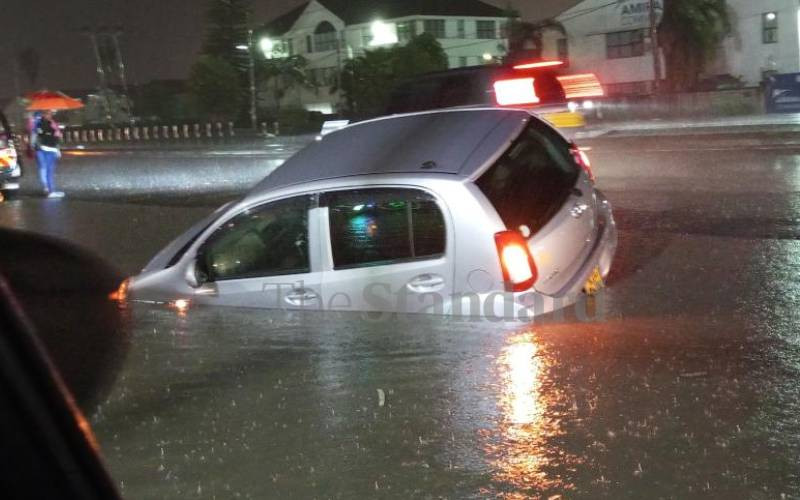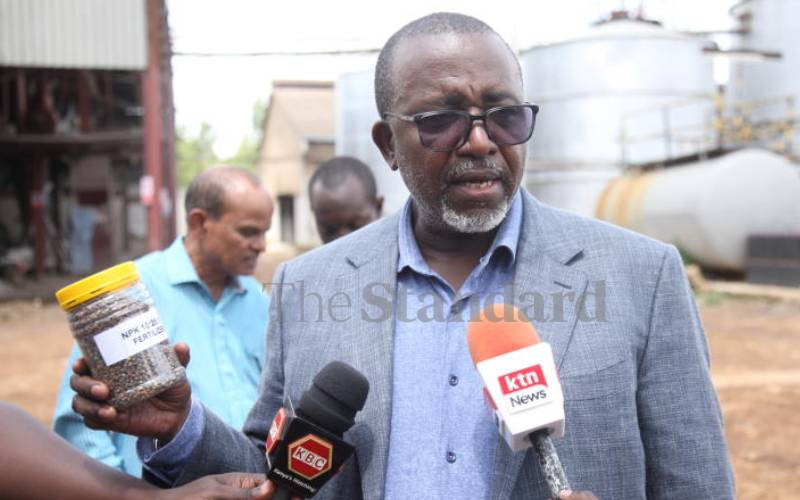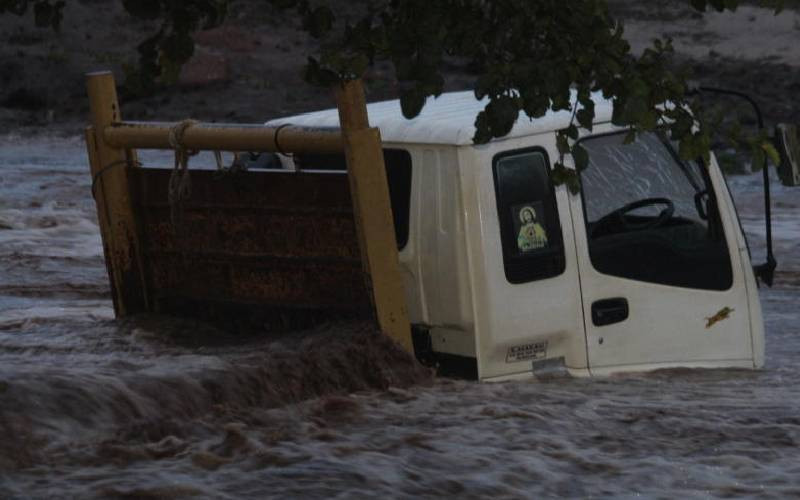Every time I come across a piece of news announcing yet more oil and gas deposits in various parts of the country, I experience a deep sense of dread.
The dread is preceded by hope, but ultimately dread is the lasting niggling sensation.
Yes, of course it is a great thing that we are a resource-rich country and that we have now began to explore and exploit our extractive capabilities.
What is a crying shame is the fact that this new-found wealth never seems to trickle down to the locals.
Let’s take an example of Turkana. Reports have it the area has feasible oil and gas deposits.
But the sad side of these stories is that the locals are yet to benefit from these discoveries.
Turkana, year on year, is voted among the poorest counties, with 94 out of every 100 people living below the poverty line.
Here, human beings and animals alike are highly susceptible to drought and death.
The scarcity of water makes living from one day to the next a pure feat. In exchange for their land and hospitality, all the residents experience are broken promises.
And yet, with a county that is so far below the poverty line, positive change is easier to implement because the impact will be felt much more widely.
So why exactly is the narrative from the company honchos and the locals so starkly different? Why are the people with the first claim to these resources being left out in the cold while, according to the extractive firms, this assertion could not be further from the truth?
If you’ve watched ‘Blood Diamond’, then you have a clear idea of the great disconnect between resource-rich states and their inability to positively impact their citizens lives with proceeds from the trade.
And at the heart if it all lies ineffectual, insufficient and deliberately obscure governance.
If you think the Sierra Leone example is too removed - after all, we’re not dealing with conflict minerals - then consider these examples which are much closer to home.
A series of reports released in 2013 cited Egypt, South Africa and Nigeria as the top three African states that had haemorrhaged billions of shillings over the last few decades.
Stay informed. Subscribe to our newsletter
The sum for illicit flows or dirty money for the continent was estimated to be in the region of between $1.2 - 1.4 trillion from 1980 to 2013. That is staggering.
Nigeria is the world’s 10th largest oil producer, yet two thirds of its population live in poverty. Ideally, such a resource-rich nation should be self-sustaining and experience less poverty thanks to the equal distribution of wealth.
Furthermore, the country is a federal republic with administrative functions exercised by local governance in the difference states. Do you see a common thread? If we, Kenyans thought that devolution was going to be the key to equitable resource sharing, then maybe we thought wrong.
It all comes down to one thing. Not the type of governance, but that the right checks and balances are exercised within whichever form of governance.
I do acknowledge that from exploration to commercial production, a significant amount of time is consumed. But the extraction firms already know this and have factored time into their projections.
The disconnect on the ground is the promises made by the firms and the stakeholders versus the actual delivery, or lack of it, on these promises.
Eventually, this disconnect leads to high tensions and unrest, and eventually industrial strikes and go-slows. On one hand, more active communication and management of expectations needs to be put in place.
But on the other hand, the local communities have the right to expect that when resources yield fruit, they will be the core, even if not the only, beneficiaries of the gains.
And if the trend continues, with local residents continuing to feel hopeless and unjustly treated, then it is likely that we will experience the kind of unrest that we see happening all too often in extractive states with weak governance structures.
Kenyans are slowly, but surely turning from docile passive citizens into active participative citizens who will use the tools at their disposal to fight for their right, whether or not this results in an ideal outcome for all parties.
The question that lingers now is whether we will see the country going down into the abyss of oil and other resource-fuelled conflict or if the ministries charged with oversight will actually take their role seriously, vested interests aside.
Now, while the extractive sectors are still nascent is the right time to deal with institutional weaknesses, corruption and put in transparency measures. But who cares enough to objectively take up this yoke?
Not the firms that want to recoup their costs as quickly and as highly as possible in order to legally or illegally repatriate flows overseas.
And sadly, not the public governance institutions that have too many hands in the cookie jar.
If this is the proverbial goose that lays the golden egg, then I hope for all our sakes that some sanity reigns, and we end up with some semblance of a win-win for all parties concerned.
 The Standard Group Plc is a
multi-media organization with investments in media platforms spanning newspaper
print operations, television, radio broadcasting, digital and online services. The
Standard Group is recognized as a leading multi-media house in Kenya with a key
influence in matters of national and international interest.
The Standard Group Plc is a
multi-media organization with investments in media platforms spanning newspaper
print operations, television, radio broadcasting, digital and online services. The
Standard Group is recognized as a leading multi-media house in Kenya with a key
influence in matters of national and international interest.
 The Standard Group Plc is a
multi-media organization with investments in media platforms spanning newspaper
print operations, television, radio broadcasting, digital and online services. The
Standard Group is recognized as a leading multi-media house in Kenya with a key
influence in matters of national and international interest.
The Standard Group Plc is a
multi-media organization with investments in media platforms spanning newspaper
print operations, television, radio broadcasting, digital and online services. The
Standard Group is recognized as a leading multi-media house in Kenya with a key
influence in matters of national and international interest.







